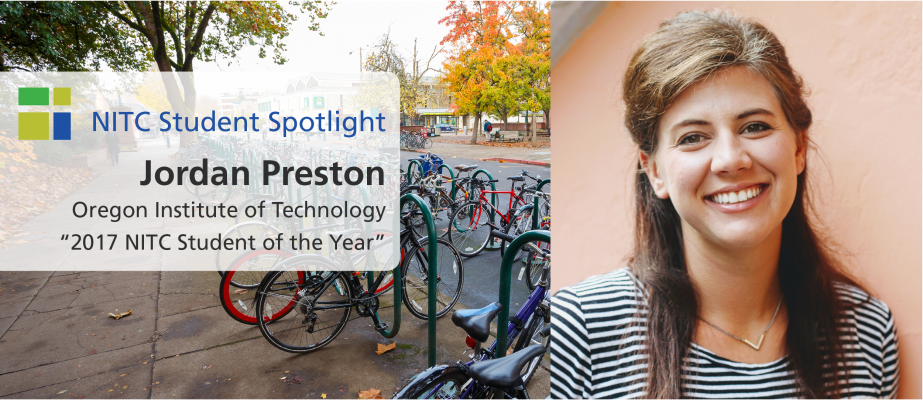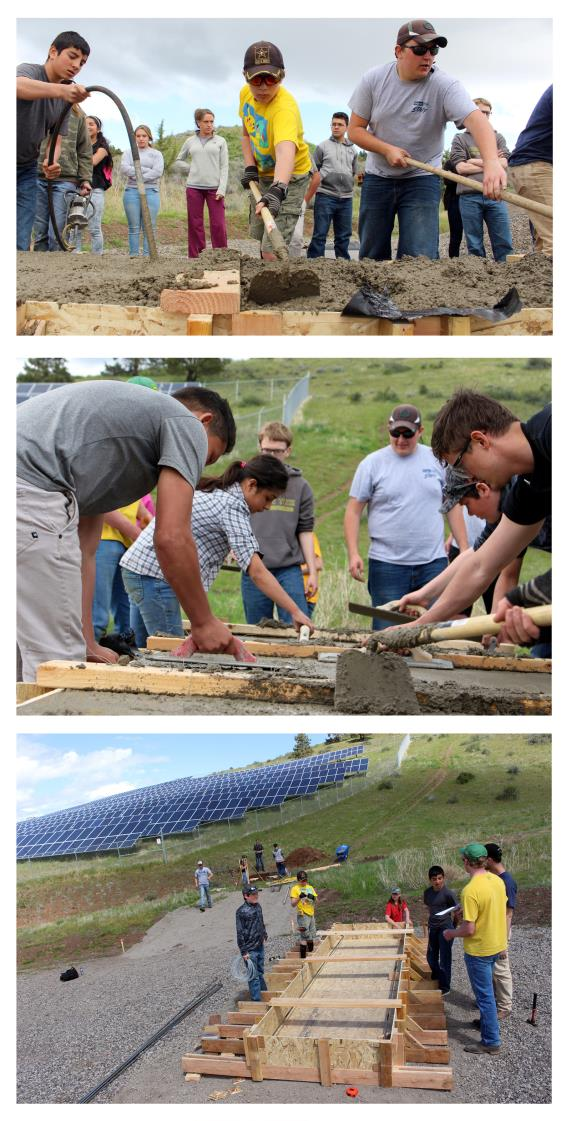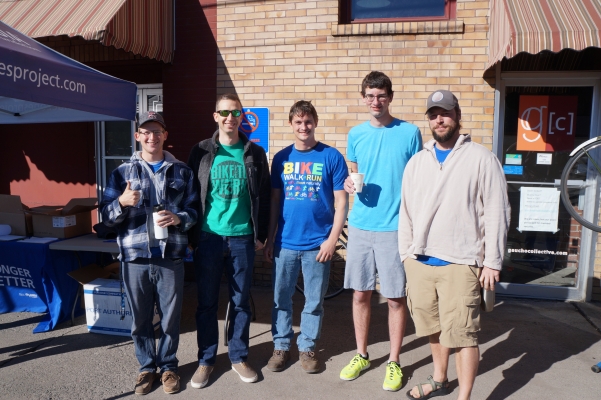May was national bike month, sponsored by the League of American Bicyclists and celebrated in communities from coast to coast.
The NITC-supported ITE student chapter at the Oregon Institute of Technology helped to organize a "Bike, Walk or Run to Work" day on Friday, May 19.
Klamath County Public Health and the Blue Zones Project partnered to bring Bike to Work events to five locations around the town of Klamath Falls, Oregon, the home of Oregon Tech.
Community members were invited to bike, walk, or run to work on May 19 and stop in at Gathering Grounds Roastery, Sky Lakes Medical Center, Mia & Pia's Pizzeria & Brewhouse, 173rd Fighter Wing, Kingsley Field, or Klamath Community College for free breakfast and refreshments.
There was also a raffle, with prize drawings at 5:.30 p.m. at Gaucho Collective.
The more participants actively commuted to work throughout the week, the more chances they had to win prizes.
Oregon Tech's ITE Student Chapter member staffed four breakfast stations across the Klamath Basin to encourage community members to consider healthier forms of transportation for their commutes.
By bringing residents, worksites, schools, restaurants, grocery stores, and government together, Blue Zones and Oregon Tech hope to inspire a community movement to improve quality of life for everyone. Bike to Work day was an indicator of that growing...
Read more
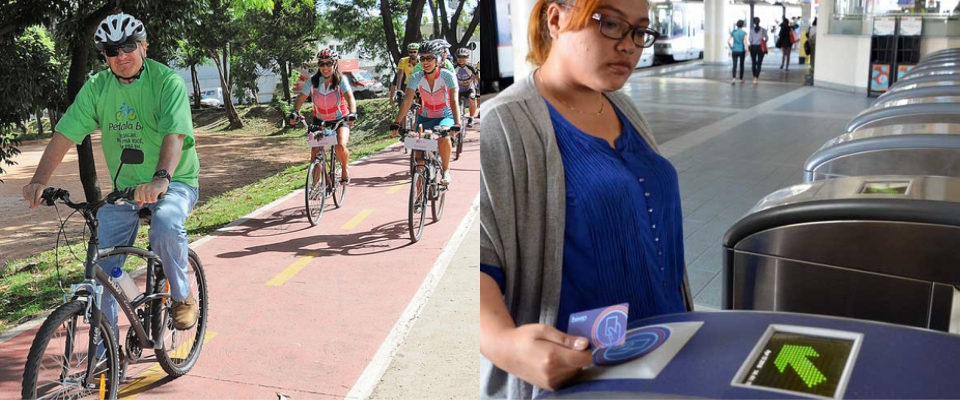
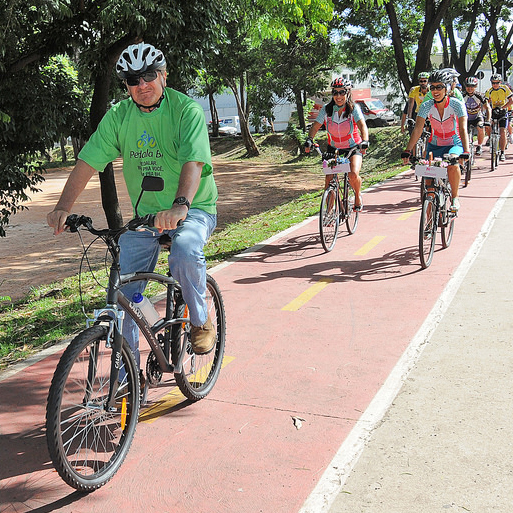 Exploring Data Fusion Techniques to Derive Bicycle Volumes on a Network
Exploring Data Fusion Techniques to Derive Bicycle Volumes on a Network





